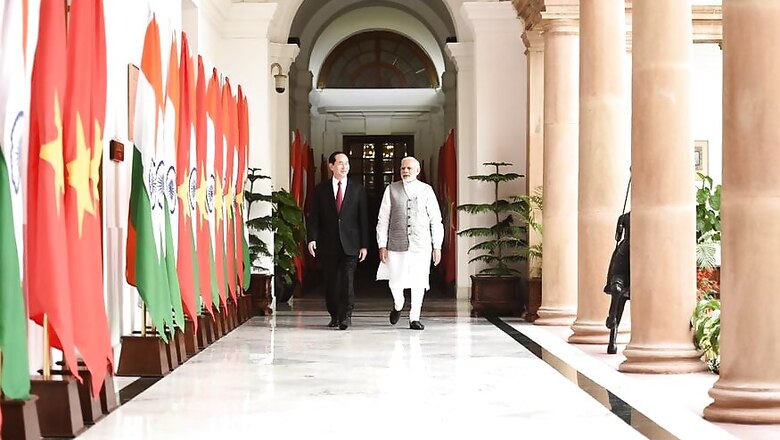
views
New Delhi: Signing a range of memorandum of understanding (MoUs), Prime Minister Narendra Modi and Vietnamese President Tran Dai Quang cemented India’s Act East policy on the concluding day of Quang’s three-day visit.
Both nations inked three agreements, including one on nuclear cooperation. They also resolved to work on an open Indo-Pacific region, considered among the highly globalised areas as of now.
“We will jointly work for an open, independent and prosperous Indo Pacific region where sovereignty and international laws are respected and where differences are resolved through talks," Modi said during the joint statement with Vietnamese President Tran Dai Quang.
Quag’s visit comes during a time Modi has made Act East policy one of his primary foreign policy objectives, further making it obvious with the recent ASEAN leaders meet last month. Vietnamese Prime Minister Nguyen Xuan Phuc was also part of the visit and hence, one of the chief guests at this year’s Republic Day celebrations.
Quang’s visit only cements Delhi’s growing need to help its neighbour, one which has had unresolved issues with China. India has helped Vietnam military in getting more equipped with its defence mechanisms, including its fighter jets and Russia-built submarines. To further the efforts, Modi and Quang announced collaboration on defence production and have also vowed to look at transfer of technology.
It is imperative to note that India had given Vietnam a credit to the tune of $500 million for defence cooperation two years ago. While the leaders’ joint statement made no mention of this credit, it is safe to assume that it has had a wholesome effect considering more investment and cooperation in the defence sector.
Both nations also signed agreements on nuclear energy partnership and agriculture too. Amid increasing Chinese assertiveness in the region, Vietnamese President Tran Dai Quang has made a strong pitch for deepening Indo-Vietnam maritime connectivity in the strategically critical sea lanes as he embarks on a significant state visit to India. The strong pitch by the Vietnamese president for increased aviation and maritime connectivity with India may not go down well with China, which is in conflict with Vietnam and several other countries in the region, including Brunei and the Philippines over maritime claims in the South China Sea.
(With inputs from agencies)










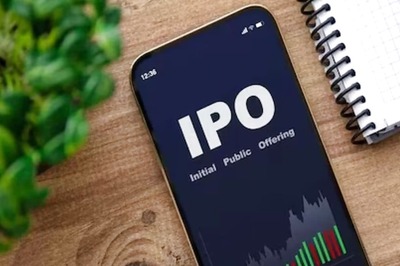
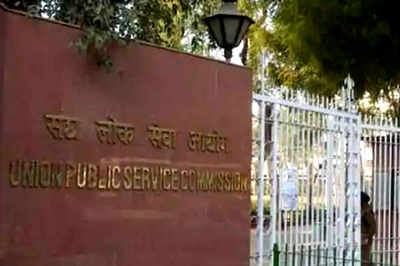



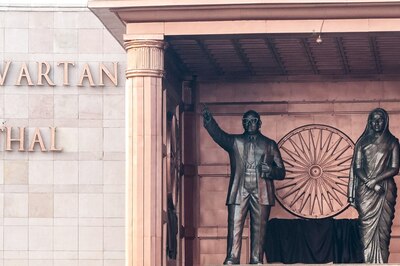
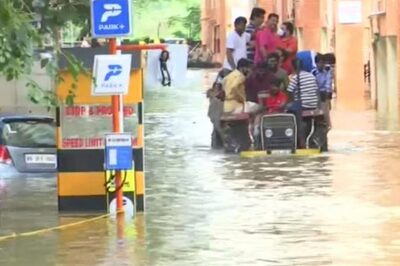

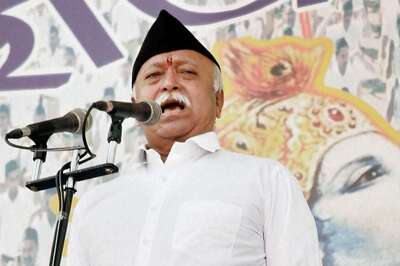
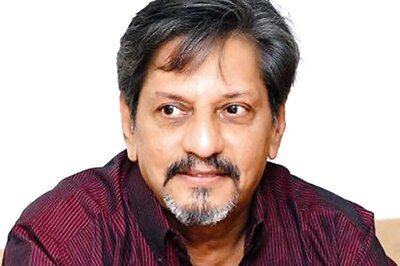
Comments
0 comment